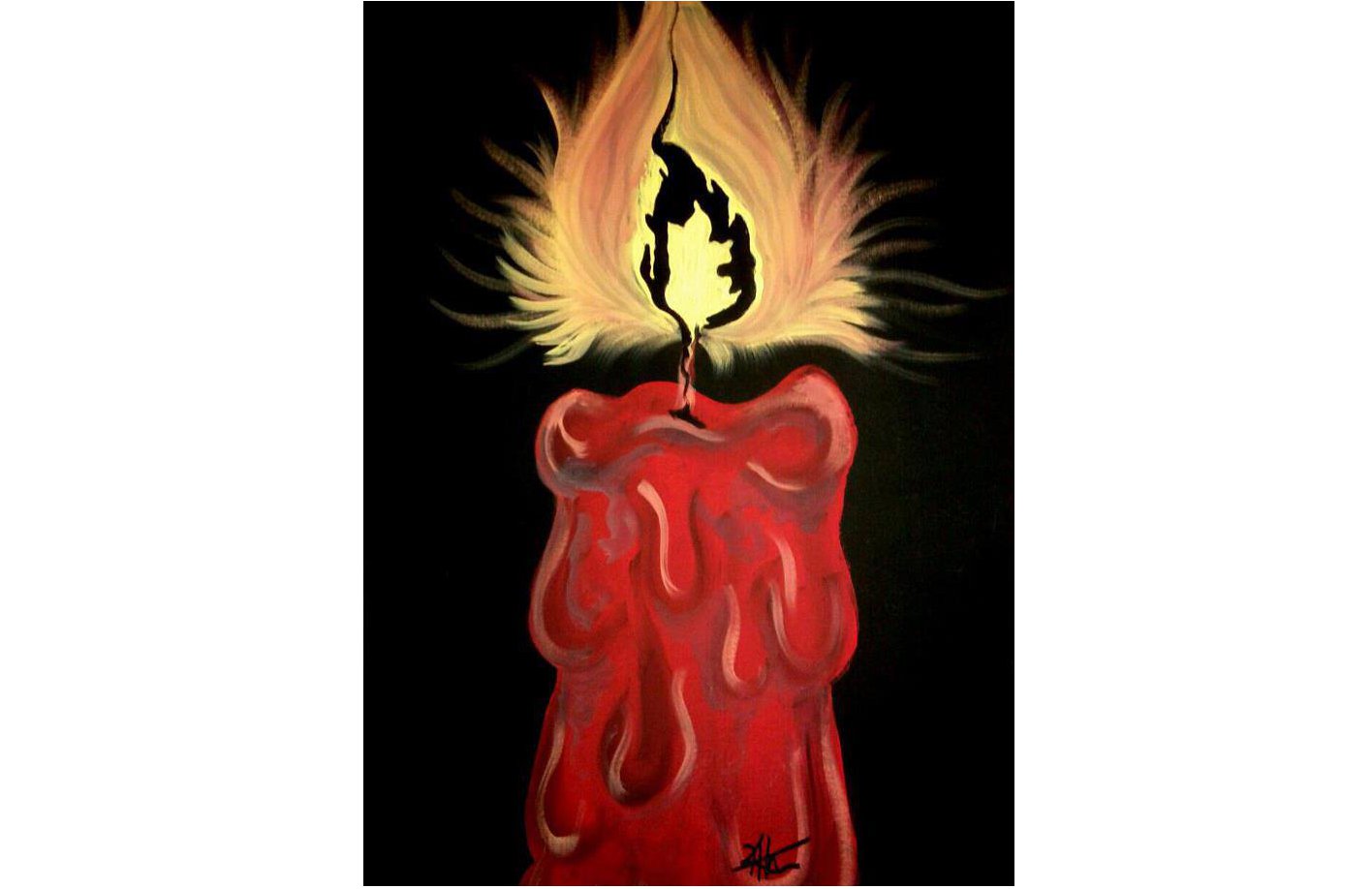
Tamil Guardian editorial, London, November 26, 2018
Almost four years into the ‘good governance’ government, Sri Lanka’s image of stability and progress unravelled last month in a day. President Sirisena’s sacking of Ranil Wickremesinghe and appointment of Mahinda Rajapaksa followed by the dissolving of parliament and call for fresh elections, ended any semblance of stability. Revealed instead was disregard for the country’s constitution and rule of law, bribery, violence and an entrenched racism which habitually blames Tamils for the state’s woes. Sri Lanka’s latest descent into turmoil highlights once again the simmering crisis of unresolved ethnic conflict that remains at the island’s core.
Whilst the timing was surprising, the implosion of the coalition government was not. Formed only from a shared dislike of Rajapaksa, the coalition’s promises of land release, accountability and resolving the Tamil question through a new constitution soon proved false. As we said when the coalition came to power, its handling of these issues would be its litmus test. It failed. Despite being in the unparalleled position of enjoying bipartisan support, voter goodwill, international engagement and the TNA’s unbridled backing, the coalition failed to initiate the difficult discourse within the Sinhala people essential to resolving the ethnic conflict, which is fundamental to the island’s long-term stability. Instead it played the well-worn Sinhala nationalist card of every previous government, only to be outdone during this year’s local election when Rajapaksa made his electoral come back by warning the Sinhala south of the emergence of a Tamil federal state through a new constitution. If there was ever truly a window of opportunity for change, it certainly ended then.
It is amid the island’s political uncertainty that Eelam Tamils look to commemorate Maaveerar Naal (Tamil Remembrance Day) tomorrow. Whilst the prospect of Rajapaksa’s return gives rise to the fear of renewed harassment and intimidation, there is an overarching feeling of indifference. To the Tamil people, still within the grip of the military in the North-east, there is little that differentiates Sirisena, Ranil or Rajapaksa. Whilst brazen acts of harassment and intimidation lessened under the coalition government, they did not cease. Recent months have instead seen a worrying increase in reports of police arrests and torture, media worker intimidation and harassment of protesters in the North-East. Though the outcome of the present impasse remains unclear, a re-energised clamp down against Tamil activties is certain. It is equally certain that regardless of Colombo’s final configuration, there will be no progress on key Tamil issues. On this, all three leaders – Ranil, Sirisena and Rajapaksa – are united: no international inquiry, no military out of the North-East and no federal Tamil state.
Sri Lanka’s renewed political turmoil makes clear the international community’s twin approach of unconditional engagement and avoidance of criticism at all costs lest it ‘rock the boat’ has abysmally failed. Indeed even Tamil activists and civil society were all too often advised to keep their demands and criticism in check or risk Rajapaksa’s return. How diplomats could have doggedly pursued this strategy, in spite of the coalition’s lack of significant progress and repeated statements by senior government figures reiterating their rejection of international demands, requires introspection on their part. Sri Lanka will not reform itself. The only way to ensure meaningful action is to compel it or enforce action from outside. Almost 10 years since the end of the armed conflict and the mass slaughter of Tamils, such action must look beyond the co-sponsored UN Human Rights Council resolution, towards targeted sanctions of key political and military figures as well as other pathways to justice such as universal jurisdiction and referral to the International Criminal Court.
As the Eelam Tamil nation comes together on Maaveerar Naal, it not only looks back to remember those who gave their lives, it looks forward, reaffirming its commitment and dedication to the ongoing struggle for liberation.